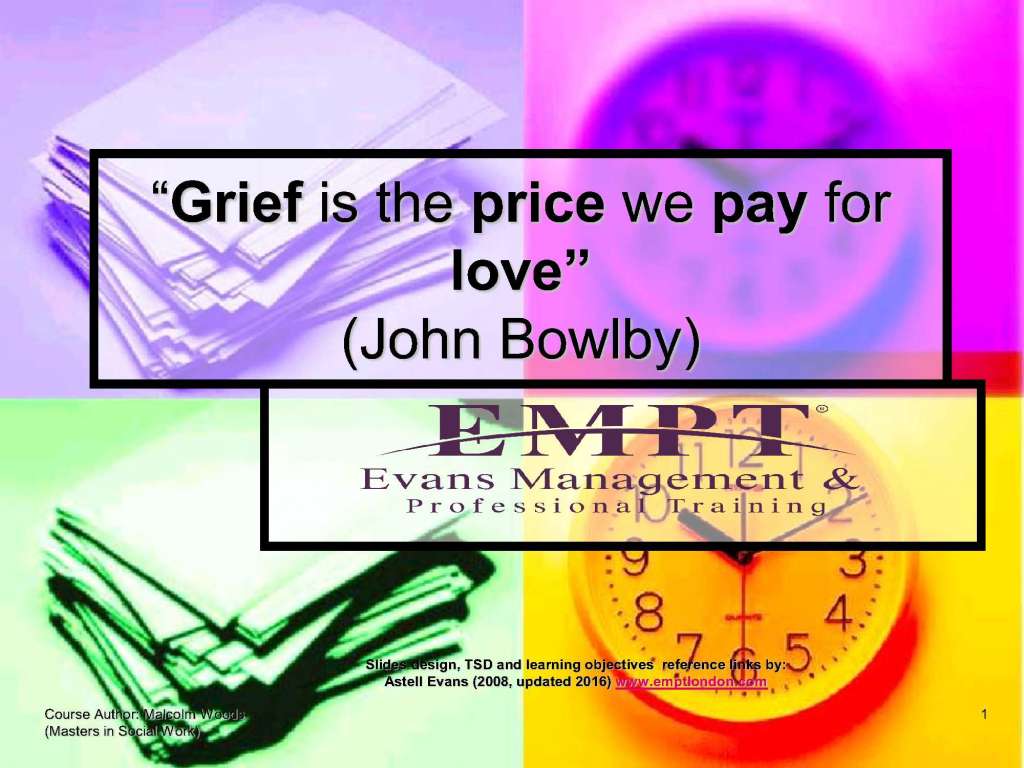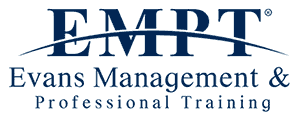Personal Development Plans

Current Fostering National Minimum Standard 20.5 requires that foster carers’ personal development plans set out how they will be supported to undertake ongoing training and development that is appropriate to their development needs and experience. These standards also (NMS 20.6) require that the reviews of each foster carer’s approval include an appraisal of performance against […]
Existentialism and Responsibility for Your Actions

Existentialism is a radical philosophy which takes our life issues as its central focus. From an existentialism perspective despite people being in this world without their prior consent – it’s up to us to create our life’s meaning. According to Sartre, ‘existence precedes essence’ it means that people don’t have any predetermined purpose why they […]
Reflective learning from lived experience

There’s always new knowledge, beliefs, values and skills for learners to acquire and this in turn may also result in learners having to unlearn older knowledge or skills. This means that unlearning may involve going back (reflecting) to where you were before you have learnt whatever you are now unlearning. You may well then think […]
The Fostering Network the State of the Nation’s foster care survey (2016)
The Fostering Network the State of the Nation’s foster care survey (2016) – What foster carers think and feel about fostering is now available. The Fostering Network research involved in total 2,530 foster carers from across the UK completed the survey online: 1,942 of these fostered in England, 359 in Scotland, 122 in Wales and […]
Giving advice and information, to young people, about substance misuse risk taking
Make sure you understand enough about drugs and substance misuse, including why children might experiment with them, so you can talk to children and young people in an informed way. For foster carers understanding the facts about drugs may also help you to: promote the care plan needs of Children in Care contribute to children’s risk assessments inform […]
TSD 2.3 (a & b) Promoting Child Contact
Importance of child contact when promoting relationships with parents and others Child contact refers to all relationship links between a child and their families of origin and friends, regardless of the form and frequency of these links. This may include overnight stays, telephone calls, exchange of letters or photographs or indirect links through third parties. […]
TSD Standard 4 Know how to communicate effectively
Effective communication in foster care settings People working in fostering settings often communicate to share ideas/information; to offer reassurance; to build relationships; to ask questions and much more. Factors to consider for effective communication includes: the level; pace; tone; sensory needs; content; use of jargon/slang; child or young person’s or colleagues wellbeing and ability. This […]
Training Support and Development Standard 3.4 (Promoting positive behaviour)
Promoting principles for supporting the behaviour development in children and young people whilst meeting the Training Support and Development Standards. In terms of promoting positive relationships and socially aware behaviour the following methods are sometimes useful in supporting behaviour management and working in line with the Training Support and Development Standards: Using positive reinforcement strategies; […]
HELPING CHILDREN COPE WITH A DEATH

In terms of helping children cope with death – children tend to react differently to death than adults. Their response will depend on: What type of relationship they had with the person who has died. Death of a Mother for example, maybe much harder than the death of an Uncle. Age and level of understanding […]
Promoting Standards in Social Care Training
In terms of promoting Standards in social care training the Education and Training Foundation (website) released a set of aspirational standards in May 2014. The Professional Standards provide a framework for teachers and trainers to critically appraise their own practice and improve their teaching through Continuing Professional Development (CPD). Almost 1,000 sector professionals were […]
